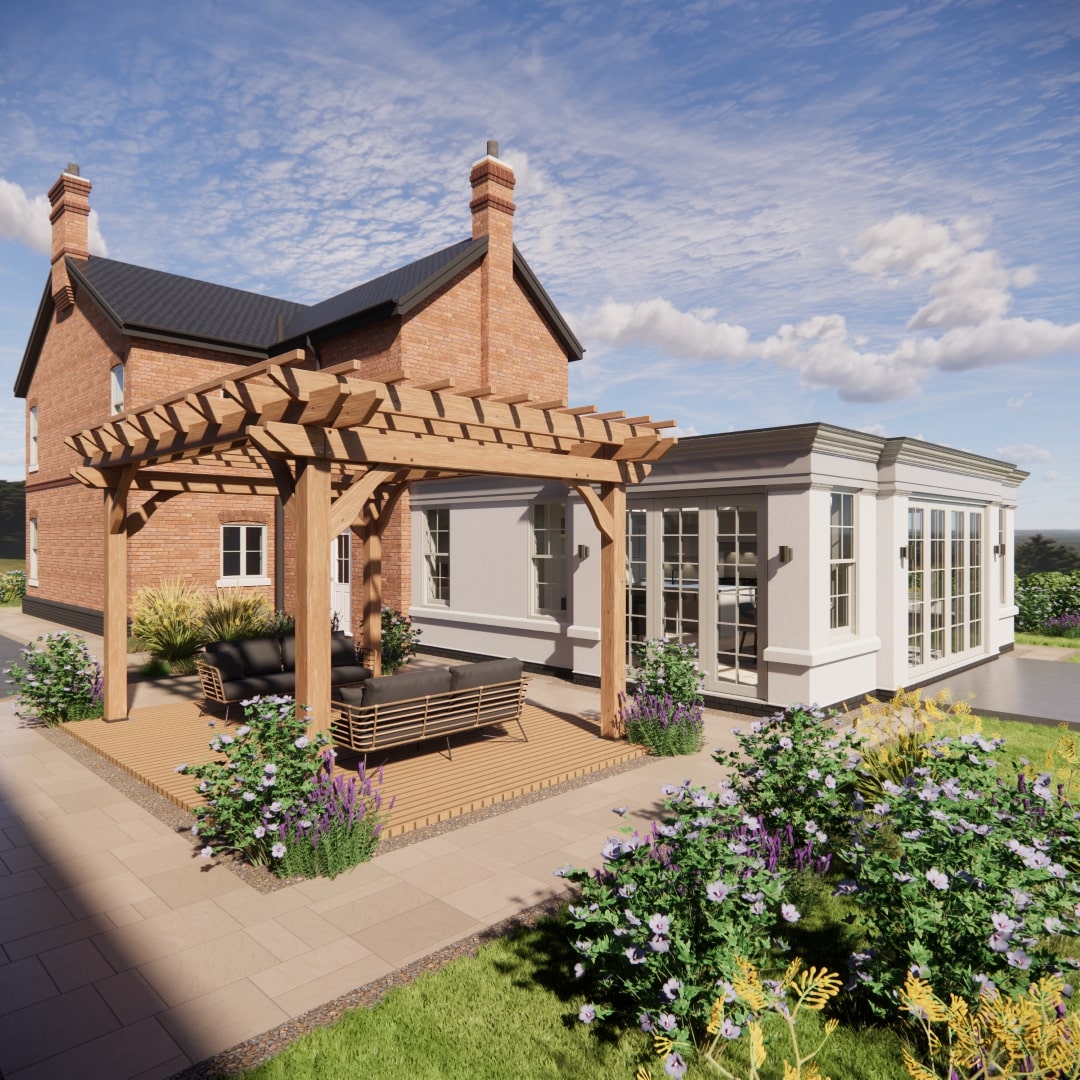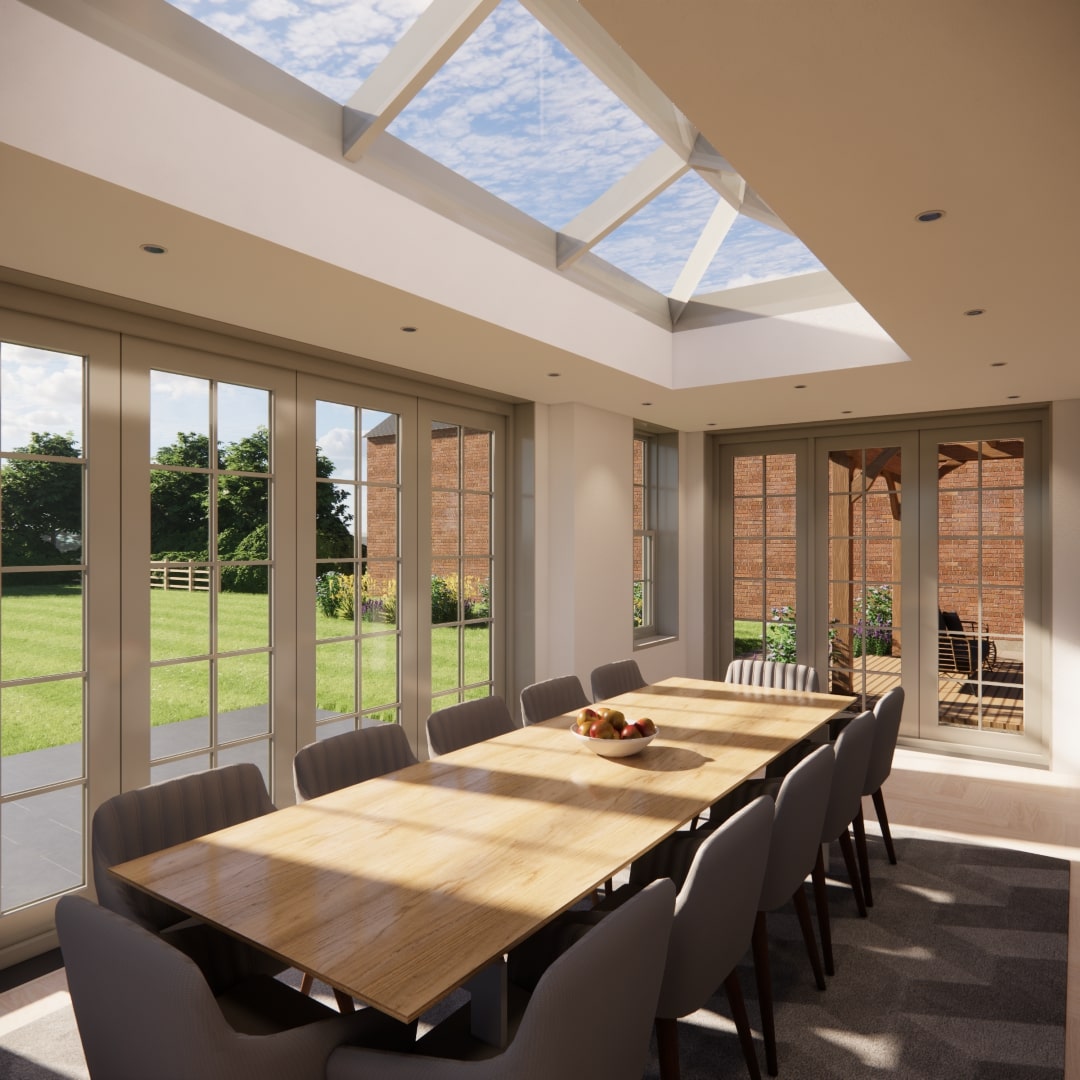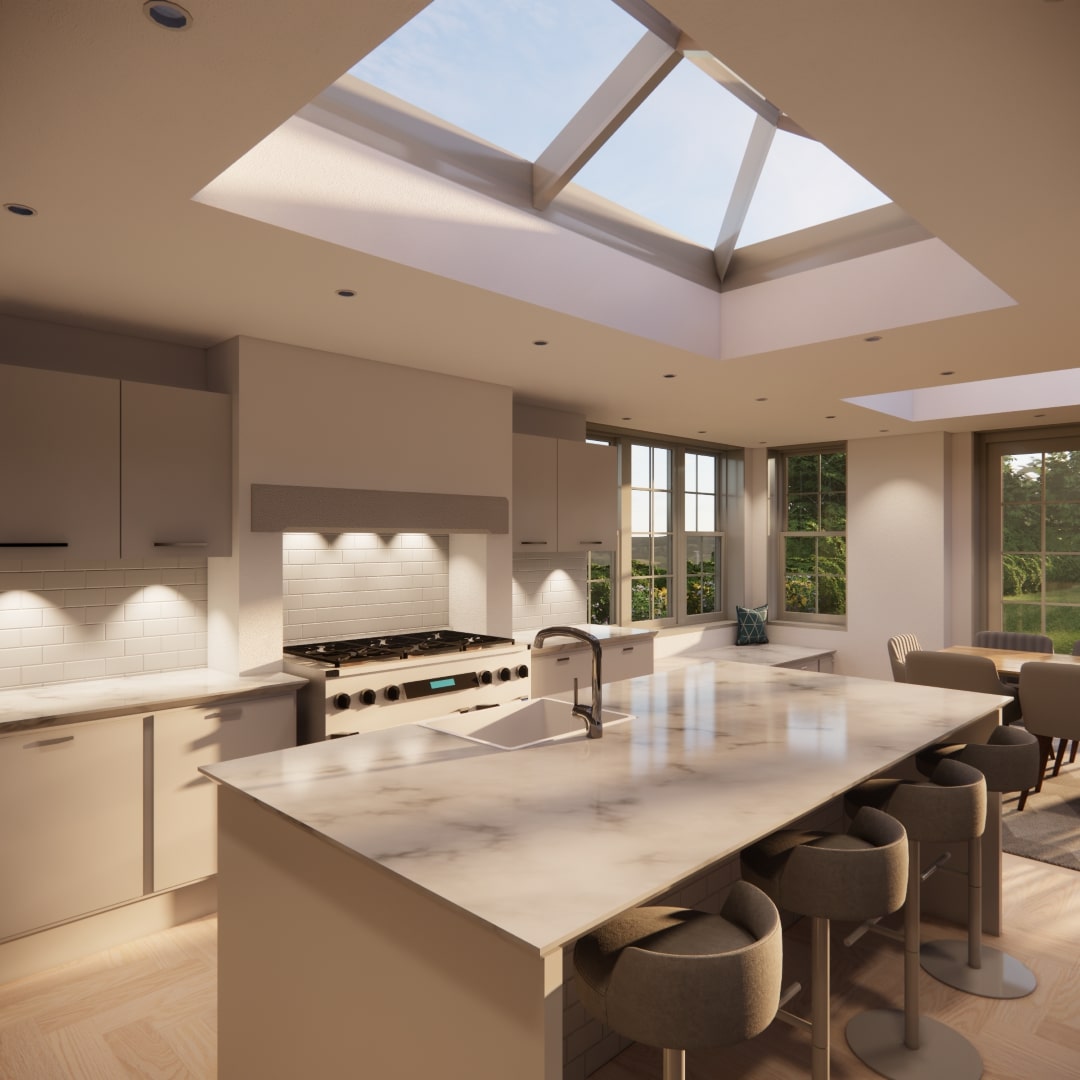
Oct 04, 2023
As the name suggests commercial and domestic remodelling encompasses the modification of the external, internal structure of commercial buildings, such as offices, hotels or shops. These projects typically involve a team of professionals skilled in various disciplines and trades to ensure the project is delivered to the exact specifications.
Like any remodelling project there is a process involved before you even start to put a team together to help you achieve your ambitions.
Establish Goals and Objectives
Before starting a remodelling project, you should start by coming to a clear understanding of your goals and objectives. In a project that is commercial in scale this will often require reaching a shared consensus. For this to be reached it should be clear to everyone what aspects of your commercial space you want to improve, such as functionality, aesthetics, energy efficiency.
Set a Realistic Budget
Some research will be required to gain a rough idea of the likely cost of the project. Again, the scale of the project, materials and labour costs are going to form a major part of your considerations when planning your remodelling project. A good financial plan is critical to the success of the project because without one your new offices or shop could lose money if financial constraints mean aspects of the project are delayed due to lack of funds. Similarly, if there is an overspend it could leave your business in a difficult position.
Hire Professionals
There is no substitute for professionals when it comes to delivering commercial and domestic remodelling projects.
These will typically include architects, interior designers, contractors, and engineers. They can help you navigate through the entire process and ensure that your project meets legal requirements. Trying to muddle through yourself could well take longer and cost you more in the long run with the end result less than satisfactory. Commercial and domestic remodelling will project an image to your clients and customers, so your project needs to look like it was professionally delivered.
Planning and design
As soon as you or your project manager has your team assembled ready to deliver, it is time to work closely with an architect or interior designer to create a detailed plan and design for your commercial and domestic space. Within this consider factors such as layout, functionality, branding, lighting, storage, and accessibility. This stage is crucial for ensuring your vision is aligned with the practical day to day purposes of your commercial and domestic space.
Obtaining Planning Permission
As part of the process and depending on the scale of your project, you should check with your local authority to see if you need any permits or approvals for your commercial and domestic remodelling project. Failure to comply with building codes and regulations can lead to delays and additional expenses or in extreme case work will need to be reversed. Fortunately, if you have a professional team working on the project, they should be aware of the work that requires planning permission and guide you through what needs to be done.
Material Selection
Commercial and domestic remodelling projects will usually require durable, high-quality materials suitable for commercial use. Both commercial and domestic spaces will experience high levels of foot traffic. When making material choices, it’s important to consider factors such as aesthetics, functionality, maintenance, and cost-effectiveness to ensure durability over time. Your designers and contractors should be able to help with their recommendations.
The Build Phase
Once your plans are finalised and any relevant permission is gained then it will be time to enter the construction phase. If you have hired a reputable contractor who specialises in commercial and domestic remodelling then all you need to do at this stage is ensure there is a project manager in place who will ensure there is regular communication and timelines are met.
Building Inspections and Approvals
Once the construction phase is complete it is important to schedule inspections to ensure compliance with building codes and regulations as well as checking electrical fittings and so on. These inspections should be done with all the necessary approvals before occupying the space to ensure the building is safe.
Commercial and domestic remodelling projects can be complex undertakings, so it’s important to plan carefully, work with professionals, and stay organised throughout the entire process to ensure your project runs smoothly and is delivered on time.

